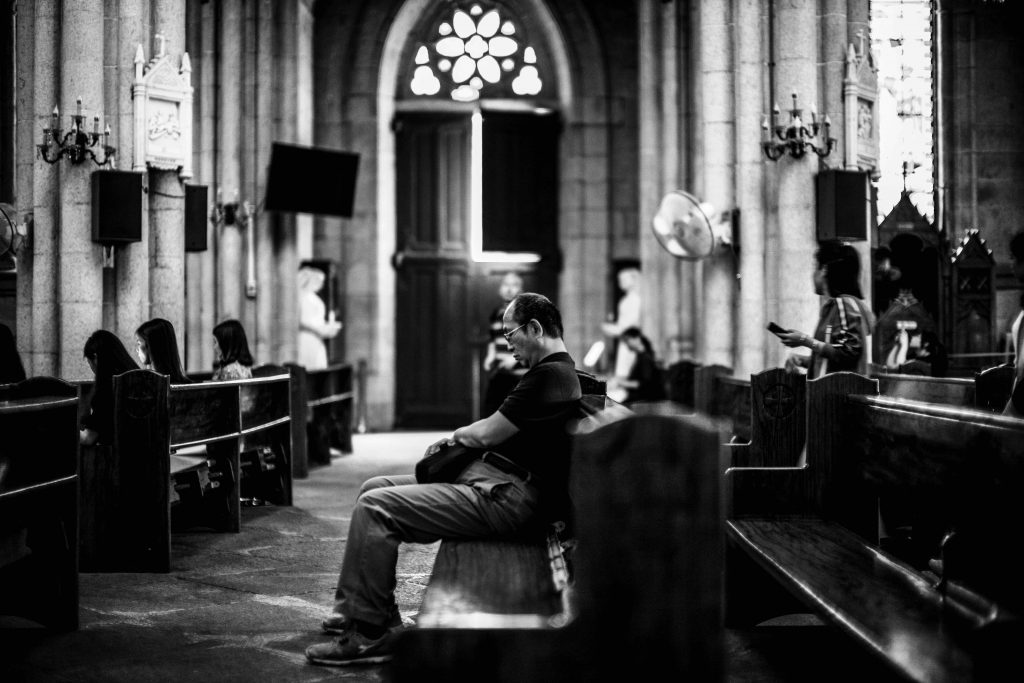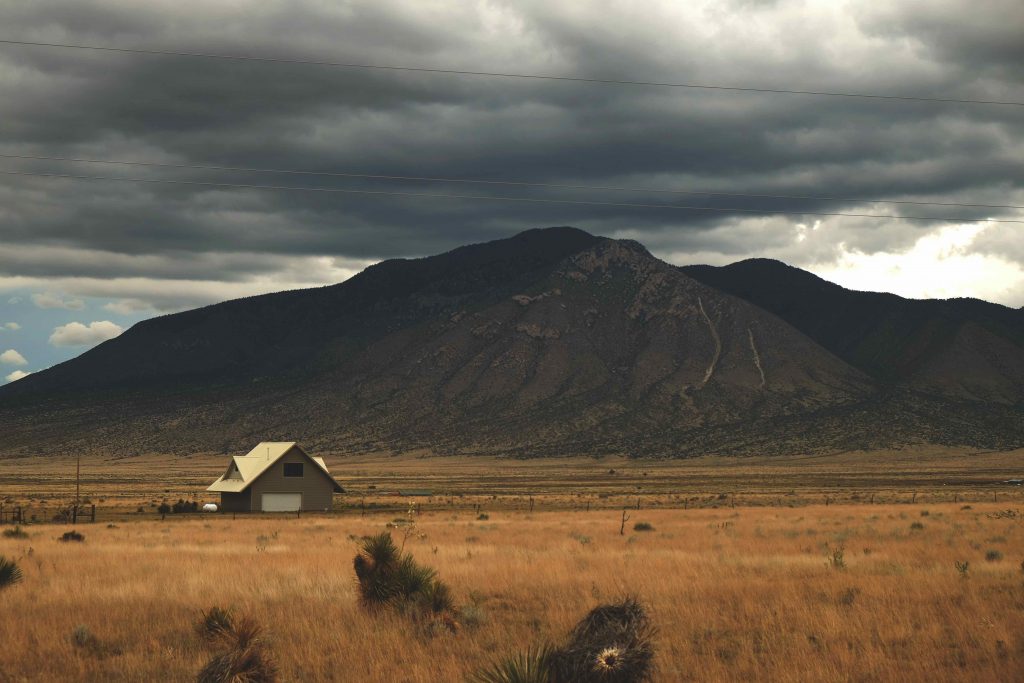
At what point should a privileged position be taken for granted? The day after tenure is granted? After 7 years in political office? After thirty years of marriage?
The wise know there is no number that is the correct answer. Places of privilege – even in positions we might consider irrevocable – are never to be taken for granted. The whole point of the place of privilege is advancement of the good of the other. Taking advantage (that is – taking what was a shared blessing and using it primarily for your own blessing) is a surefire way to create disunity. Disunity always threatens the mutual blessing, and if pushed too far, unravels it.
John is involved in a dialogue – or rather – a heated monologue – with the spiritual leaders of the Jewish people. They’ve come out to be baptized along with their followers, but John has seen through their façade, “You brood of vipers! Who warned you to flee from the coming wrath? Produce fruit in keeping with repentance. And do not think you can say to yourselves, ‘We have Abraham as our father.’ I tell you that out of these stones God can raise up children for Abraham.” The Pharisees and Sadducees thought that their position was secure. Not only were they ‘qualified’ in the worldly sense of the term (in their academic role), but they were ‘children of Abraham’ according to Jewish law. They knew they could trace their history all the way to Abraham, just as Matthew had done with Jesus in chapter 1. Yet John is adamant that such a qualification based on ancestry does not mean they can take God’s favor for granted.
Ancestry may be a special place of privilege, but it is not license to excuse a lack of fruitful heartfelt repentance. God expects His own to do as He does, and what He does produces spiritual fruit. Both the inward fruitfulness of love, joy, peace, patience, kindness, goodness, faithfulness, gentleness and self-control that Gal 5:22 speaks of, and the outward fruitfulness of influencing others toward Him, and influencing society toward transformation into God’s Kingdom come. God’s children have profound and irrevocable privilege in knowing Him, but also have a profound and inescapable responsibility to make Him known!
Years before John made such bold statements, God had spoken to Israel through the prophet Isaiah, “Listen to me, you who pursue righteousness and who seek the Lord: Look to the rock from which you were cut and to the quarry from which you were hewn; look to Abraham, your father, and to Sarah, who gave you birth. When I called him he was but one, and I blessed him and made him many.” Jewish leadership therefore looked to their heritage as a comfort, and it was (and is). But the point the prophet was making was that God can do the impossible, and will bring forth many children for Himself no matter how barren the situation! Abraham and Sarah were blessed, but not only for themselves. They were blessed so that through them, God might bless all peoples. Therefore, we must understand that our place of privilege is not a right to be indulged, but a blessing God assigned for His purposes, and always with others in mind.
Your attitude should be the same as that of Christ Jesus: Who, being in very nature God, did not consider equality with God something to be grasped, but made himself nothing, taking the very nature of a servant.
The Apostle Paul (Philippians 2:5-7a)
APPLICATION: Intentionality
Consider how Christ treated His place of privilege. How can we do likewise for His sake?










